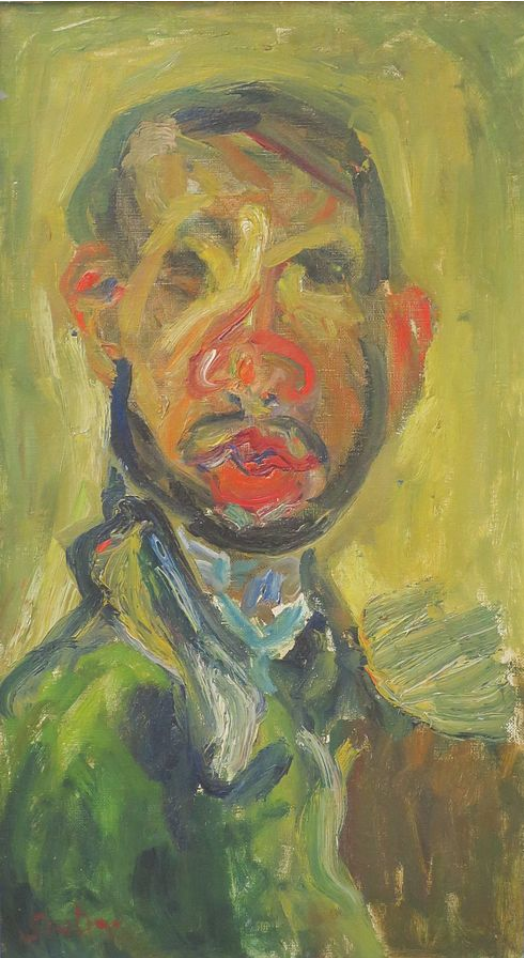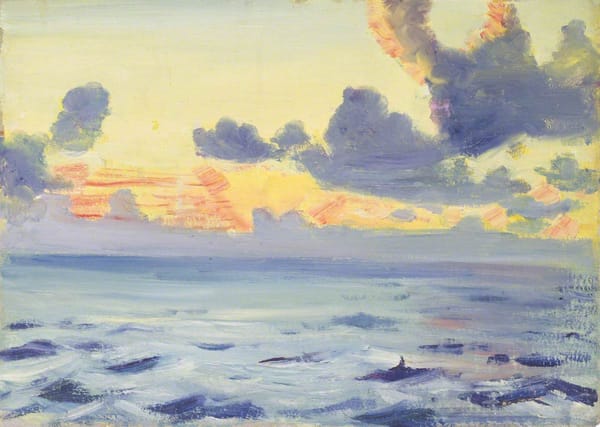Towards a Glass Menagerie: Mourning in Joan Didion and Walter Benjamin
The journalism of Joan Didion has an askant attitude towards the world. It is as if it has, the result of some sort of carelessness, accidentally fallen out of time and lies there as refuse on the floor waiting for it to be all over.

Abstract
The journalism of Joan Didion has an askant attitude towards the world. It is as if it has, the result of some sort of carelessness, accidentally fallen out of time and lies there as refuse on the floor waiting for it to be all over. All of us are mourning the results of some sort of carelessness in this world: and it is this truth that Didion’s reportage is oriented towards with its insistence on attitudes of grief. The comfort that the mourner gets from lying outside of time is bittersweet yet soft in its worn weariness.
The time-lessness of this understanding of truth is best given by the mourning Walter Benjamin, whose angel of history can only be witness to accumulating and incessant horror. History in preponderance is melancholy. However, there exists in Benjamin an alternate line of thought which tries to escape the humbling simultaneity of the bitter-sweet for the light of brilliance. In this escape, Benjamin undermines himself and loses golden-ringed days.





